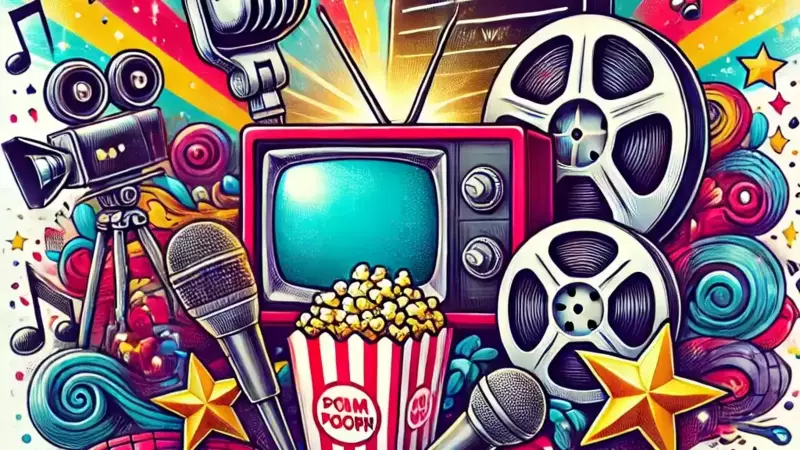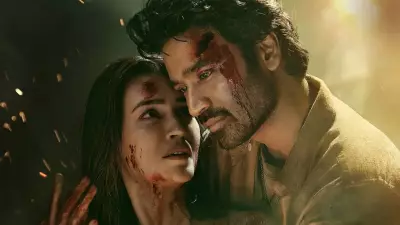
Three decades ago, the anime landscape underwent a seismic shift that would forever alter how stories were told in Japanese animation. Neon Genesis Evangelion, which first aired in October 1995, didn't just entertain viewers—it fundamentally transformed the medium itself.
The Unconventional Masterpiece That Broke All Rules
Created by the visionary Hideaki Anno, Evangelion began as what appeared to be a standard mecha series featuring teenagers piloting giant robots against mysterious beings called Angels. However, audiences quickly realized they were witnessing something entirely different—a series that would deconstruct the very genre it inhabited.
"Evangelion shattered the mold by blending psychological depth with philosophical themes in ways anime had never attempted before," explains anime historian Dr. Kenji Sato. "It wasn't just about saving the world; it was about saving the human soul."
Psychological Depth Meets Philosophical Complexity
The series distinguished itself through its unflinching exploration of complex themes:
- Existential dread and human connection through protagonist Shinji Ikari's struggles
- Religious symbolism drawn from Kabbalah, Christianity, and Jewish mysticism
- Psychological trauma affecting every major character's development
- Deconstruction of hero tropes and traditional storytelling structures
The Controversial Legacy That Changed Everything
Evangelion's impact extends far beyond its initial broadcast. The series pioneered several innovations that became standard in modern anime:
- Complex character development that prioritized psychological realism over archetypes
- Non-linear storytelling that challenged viewers to actively interpret the narrative
- Blending multiple genres from science fiction to psychological thriller
- Global accessibility that introduced Western audiences to sophisticated anime storytelling
The controversial ending sequences, particularly the final two episodes and the End of Evangelion film, sparked debates that continue to this day. Rather than providing clear answers, Anno forced viewers to confront uncomfortable questions about identity, reality, and human connection.
Enduring Influence on Modern Animation
Today, Evangelion's DNA can be seen across the animation landscape. From Attack on Titan to Devilman Crybaby, countless series owe their narrative ambition and psychological complexity to the path Evangelion blazed.
"Before Evangelion, anime was largely seen as children's entertainment in many markets," notes cultural critic Priya Sharma. "After Evangelion, the world recognized anime as a serious artistic medium capable of exploring the deepest human questions."
As the series celebrates its 30th anniversary, its legacy continues to grow. New generations discover its challenging themes, while longtime fans still debate its mysteries. What remains undeniable is that Neon Genesis Evangelion didn't just change anime—it elevated it to an art form that continues to inspire creators and captivate audiences worldwide.





